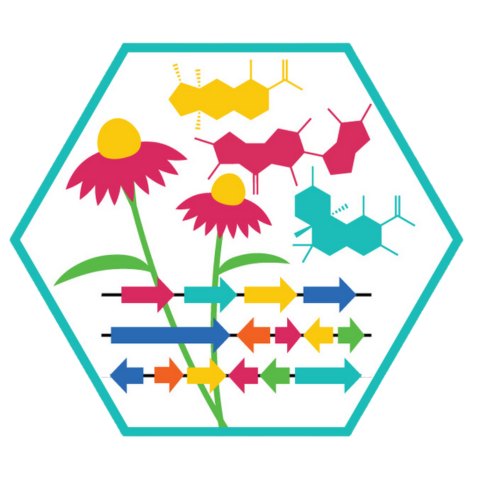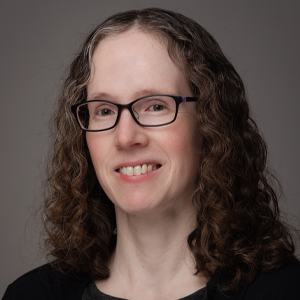
Building natural products
Natural products are molecules produced by living organisms and include some of our most powerful drugs. Emerging discoveries in this field have allowed scientists to deepen our understanding of how natural products are assembled and how they can be harnessed for widespread applications.
Submit an abstract
Abstract submission begins Sept. 14. If you submit by Oct. 12, you'll get a decision by Nov. 1. The regular submission deadline is Nov. 30. See the categories.
This program at Discover BMB 2024 is focused on recent advances in natural product biochemistry and biotechnology. The first session focuses on the emerging area of natural products from higher eukaryotes and animals; the second session focuses on natural products from microbiomes and symbionts; and the final session focuses on the biochemistry and biotechnology of natural product genome mining.
We’ll hear about the amazing discoveries in this field, some of which were powered by major technological advances. We’ll also hear how discoveries in natural products biochemistry are now in turn powering new applications in biotechnology related to biocatalysis, agriculture and sustainable chemical production.
Keywords: Natural products, biocatalysis, microbiome.
Who should attend: Anyone interested in natural products, biocatalysis, the microbiome or the future of biotechnology.
Theme song: “White Rabbit” by Jefferson Airplane
This session is powered by alkaloids.
Advances in natural products biochemistry and technology
Natural products from higher eukaryotes and animals
Chair: Yi Tang
Bradley Moore, University of California, San Diego

Rebecca Butcher, University of Florida
Emily Derbyshire, Duke University
Jing-Ke Weng, Whitehead Institute for Biomedical Research
Natural products from microbiomes and symbionts
Chair: Katherine Ryan
Jason Crawford, Yale University
Nancy Keller, University of Wisconsin—Madison
Alessandra Eustaquio, University of Illinois Chicago
Mohammad Seyedsayamdost, Princeton University
Biochemistry and biotechnology of natural product genome mining
Chair: Alessandra Eustaquiol
Jamie Link, Princeton University
Katherine Ryan, University of British Columbia
Gerald Wright, McMaster University
Yi Tang, University of California, Los Angeles
Enjoy reading ASBMB Today?
Become a member to receive the print edition four times a year and the digital edition monthly.
Learn moreGet the latest from ASBMB Today
Enter your email address, and we’ll send you a weekly email with recent articles, interviews and more.
Latest in Science
Science highlights or most popular articles

From humble beginnings to unlocking lysosomal secrets
Monther Abu–Remaileh will receive the ASBMB’s 2026 Walter A. Shaw Young Investigator Award in Lipid Research at the ASBMB Annual Meeting, March 7-10 in Washington, D.C.

Chemistry meets biology to thwart parasites
Margaret Phillips will receive the Alice and C. C. Wang Award in Molecular Parasitology at the ASBMB Annual Meeting, March 7-10 in Washington, D.C.

ASBMB announces 2026 JBC/Tabor awardees
The seven awardees are first authors of outstanding papers published in 2025 in the Journal of Biological Chemistry.

Missing lipid shrinks heart and lowers exercise capacity
Researchers uncovered the essential role of PLAAT1 in maintaining heart cardiolipin, mitochondrial function and energy metabolism, linking this enzyme to exercise capacity and potential cardiovascular disease pathways.

Decoding how bacteria flip host’s molecular switches
Kim Orth will receive the Earl and Thressa Stadtman Distinguished Scientists Award at the ASBMB Annual Meeting, March 7–10, just outside of Washington, D.C.

Defining JNKs: Targets for drug discovery
Roger Davis will receive the Bert and Natalie Vallee Award in Biomedical Science at the ASBMB Annual Meeting, March 7–10, just outside of Washington, D.C.


